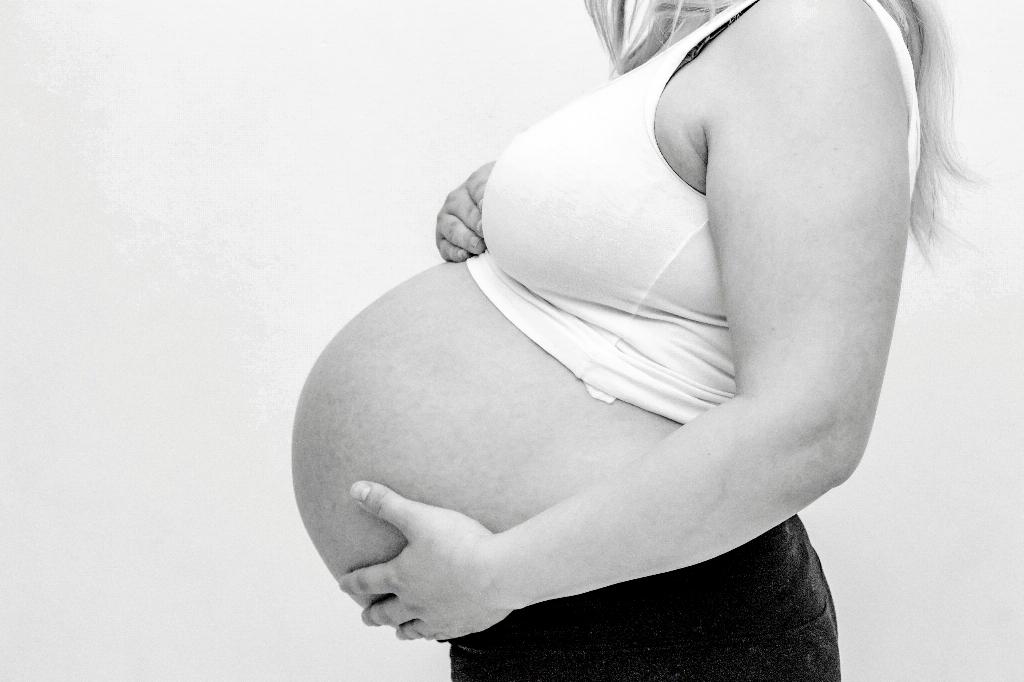One common but intriguing aspect of pregnancy is feeling your baby’s movements, including those tiny hiccups that may surprise you. If you’ve been wondering about when these fetal hiccups usually begin, let’s delve into the details based on medical insights.
Understanding the Timing of Fetal Hiccups
It is fascinating to note that fetal hiccups are more likely to become noticeable towards the latter part of the second trimester. This period typically falls between weeks 23 and 27 of pregnancy. During this time, your little one’s lungs are still in the process of further maturation, which explains the increased likelihood of feeling their hiccups.
Insight into the Early Onset of Hiccups
While fetal hiccups may not be as prominent in the early stages of pregnancy, it isn’t uncommon for some mothers-to-be to begin sensing these movements slightly earlier. Around week 20, a few individuals might start detecting sporadic hiccups, albeit less consistently than in the later stages.
Factors Influencing the Initiation of Fetal Hiccups
Several factors play a role in determining when fetal hiccups may commence. The development of your baby’s nervous system, especially the reflex arcs associated with breathing and swallowing, significantly impacts the timing of hiccup sensations you might feel during the second trimester.
The Maturation of Respiratory System
As your pregnancy progresses, the growth and refinement of your baby’s respiratory system become more pronounced. The intricate coordination required for breathing and swallowing practices contributes to the onset of hiccups, often leading to their heightened observability around weeks 23 to 27.
Notable Characteristics of Fetal Hiccups
It is essential to recognize that fetal hiccups present distinct characteristics that differentiate them from other movements. These repetitive, rhythmic twitches are often gentle but persistent, reflecting the intricate process of neurological development within your baby’s body.
Significance of Fetal Hiccups for Maternal Bonding
Feeling your baby’s hiccups can serve as a poignant reminder of the precious life growing inside you. This unique interaction, characterized by the rhythmic patterns of movement, fosters a deeper sense of connection and nurtures the bond between mother and child during the gestational period.
Monitoring Fetal Movements for Health Assessment
While fetal hiccups are generally considered a normal and healthy occurrence, it’s crucial to stay attentive to your baby’s movements throughout pregnancy. Consistent monitoring of fetal activity, including hiccups, serves as a valuable indicator of your baby’s well-being and development.
Consulting Healthcare Providers for Guidance
If you have concerns or questions regarding fetal hiccups or any other aspect of your pregnancy, don’t hesitate to consult your healthcare provider. They can offer personalized guidance, reassurance, and relevant information to ensure a smooth and healthy journey for both you and your baby.

